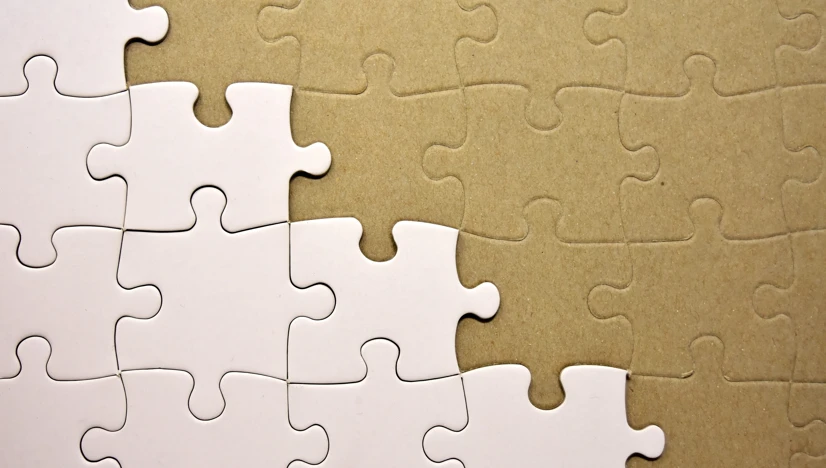Complexity Economics : A Different Framework for Economic Thought

Public domain image from www.wallpaperflare.com/white-and-brown-puzzle-board-joining-together-insert-share-wallpaper-zsibg/download
Oxford University Press, 2013
This paper provides a logical framework for complexity economics. Complexity economics builds from the proposition that the economy is not necessarily in equilibrium: economic agents (firms, consumers, investors) constantly change their actions and strategies in response to the outcome they mutually create. This further changes the outcome, which requires them to adjust afresh. Agents thus live in a world where their beliefs and strategies are constantly being “tested” for survival within an outcome or “ecology” these beliefs and strategies together create. Economics has largely avoided this nonequilibrium view in the past, but if we allow it, we see patterns or phenomena not visible to equilibrium analysis. These emerge probabilistically, last for some time and dissipate, and they correspond to complex structures in other fields. We also see the economy not as something given and existing but forming from a constantly developing set of technological innovations, institutions, and arrangements that draw forth further innovations, institutions and arrangements. Complexity economics sees the economy as in motion, perpetually “computing” itself— perpetually constructing itself anew. Where equilibrium economics emphasizes order, determinacy, deduction, and stasis, complexity economics emphasizes contingency, indeterminacy, sense-making, and openness to change. In this framework time, in the sense of real historical time, becomes important, and a solution is no longer necessarily a set of mathematical conditions but a pattern, a set of emergent phenomena, a set of changes that may induce further changes, a set of existing entities creating novel entities. Equilibrium economics is a special case of nonequilibrium and hence complexity economics, therefore complexity economics is economics done in a more general way. It shows us an economy perpetually inventing itself, creating novel structures and possibilities for exploitation, and perpetually open to response.
Comment from our editors:
This paper is a great introduction for everyone interested in the basics of complexity economics. For students, new to the topic, it introduces the core concepts and puts the theory in contrast to mainstram economics. It is of value for experienced students as well who search for a foundational text that sums up the central building blocks and serves as an exploratory base into aspects of the theory.
The article provides an understanding of complexity economics, focusing on its emergence as a need to explore non-equilibrium in the economy, with examples emphasizing how economic phenomena expand further with every new development. Adopting an approach that deviates from the standard equilibrium analysis, the need to understand a constantly evolving economy and what we may expect of its study is explained.
Go to: Complexity Economics : A Different Framework for Economic Thought
